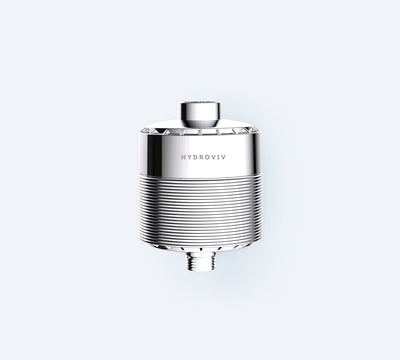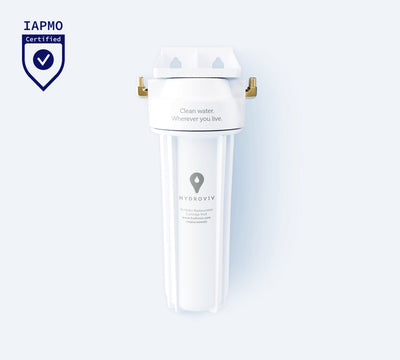Problems We Found With St. Louis Tap Water
RSSEmma Schultz, M.S. | Scientific Contributor
**Updated to include 2021 water quality data
Our Water Nerds have updated our assessment of St. Louis drinking water to include the most recent available data. To do this, our team looked at water quality test data from the City of St. Louis Water Division, U.S. Environmental Protection Agency (EPA), as well as from samples that we collect and analyze. Our Water Nerds then cross-reference these data with toxicity studies in scientific and medical literature, and look at upcoming regulatory changes. The water filters that we sell in St. Louis are optimized with these water problems in mind.
Mississippi River: Source Of St. Louis Tap Water
St. Louis tap water is surface water-sourced. The Howard Bend water treatment facility draws water from the Mississippi River, and the Chain of Rocks treatment plant draws primarily from the Missouri River, though its location south of the confluence of Missouri and Mississippi Rivers means it sources Mississippi River water as well.
Alarming Levels Of Chromium 6 In St. Louis Tap Water
Chromium 6 is a highly toxic metal that, despite its toxicity, is not currently regulated by the EPA. St. Louis tap water has recently averaged a startling 1600 parts per trillion for chromium 6. To better understand why this should be of concern to St. Louis residents, these levels are 63 times higher than the concentration determined to have a negligible impact on cancer risk. Because chromium 6 comes from the water supply (not the pipes), we HIGHLY recommend that all St. Louis residents take steps to filter chromium 6 from their water. Boiling or freezing water does not remove chromium 6.
Lead In St. Louis Tap Water
Lead enters into tap water through aged lead service pipes and lead-containing plumbing. When corrosion control measures fail (as recently happened in Flint, Michigan), lead leaches into the drinking water, and can reach toxic levels. Recent analysis for lead in St. Louis found the 90th percentile of sampled concentrations at 1.03 parts per billion. While the city is in compliance with federal regulations, EPA, CDC and American Academy of Pediatrics, all acknowledge that there is no safe level of lead for children. In addition to this, federal regulations also cannot take into account levels measured at an individual tap. We encourage St. Louis residents that live in older homes to get their water tested by an accredited laboratory. This article gives homeowners guidance on how to test for lead in the home.
Disinfection Byproducts (DBPs) In St. Louis Tap Water
Disinfection byproducts (DBPs) are a type of emerging contaminants that occur when chlorine-based disinfectants, added to the water supply, react with naturally-occurring organic matter found in the water. While these chemicals are not well-regulated, the EPA has stated that they have been linked to increased risks of bladder cancer, and kidney, liver, and central nervous system problems. St. Louis tap water has recently had moderately high levels of the two regulated classes of DBPs (total trihalomethanes and haloacetic acids 5).
Chloramine Is Used In St. Louis Tap Water Instead of Chlorine
While most cities use chlorine as their primary disinfectant, St. Louis water is disinfected with chloramine (a product of chlorine and ammonia). Chloramine is primarily responsible for what customers often report as the “bad taste”of tap water, and unfortunately does not dissipate if a container of water is left in the fridge overnight. Most one-size-fits-all water filters use filtration media that doesn’t adequately remove chloramine, but the water filters that Hydroviv builds for St. Louis use special filtration media that are purpose-built to remove chloramine as well.
Still Have Questions About St. Louis Tap Water?
Hydroviv is a water filtration company that uses water quality data to optimize water filters for each city’s water. The chemicals that we list above are what we consider to be “points of emphasis” so we can design and build the best water filter for St. Louis tap water, but all of our water filters provide broad protection against other contaminants commonly found in drinking water (e.g. VOCs, heavy metals, pharmaceuticals, solvents, pesticides, mercury).
Please Share This St. Louis Water Quality Article On Social Media With Anyone You Think Would Benefit From The Information!
Recommended Articles For You
How Can St. Louis Residents Filter Chromium 6 From Drinking Water?
What Do I Need To Know About Endocrine Disruptors In Drinking Water?
How Did An Asphalt Plant Contaminate Corpus Christi's Water?




